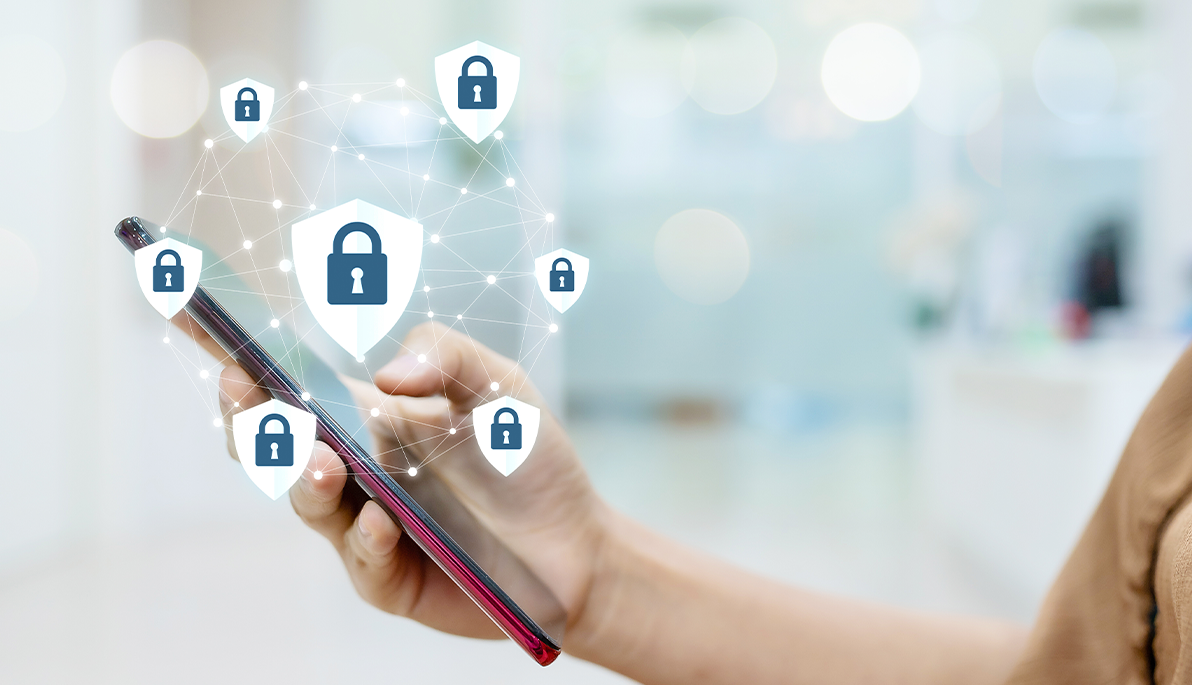News
Helpful Tips to Secure Data From a Stolen Phone
October 19, 2022
October is Cybersecurity Awareness Month. The annual campaign began in 2004 to raise awareness and help people protect themselves from online threats. While laptop/desktop computers may be the main targets for cyber thieves, smartphones are equally as vulnerable. Director of the Entrepreneurship and Technology Innovation Center (ETIC) Michael Nizich, Ph.D., offers steps to take if a phone is stolen.
We’ve all misplaced our phone, but the thought of it falling into the hands of a cybercriminal can be frightening. The first thing to do is make sure the phone was stolen. Call the phone to see if someone picks up; the person who found it may be eager to return it.
If the phone has been taken, use the phone’s location and remote lock features to erase the content and settings. These will differ based on the make (e.g., Apple, Samsung, etc.).
Once the phone is locked, change passwords to email and financial accounts as soon as possible. Change the email first, as financial accounts are most likely linked to that email address. Next, secure financial accounts, including banking, credit card, 401k, and trading accounts. Then, secure online shopping accounts, followed by subscriptions like Netflix, Hulu, Prime, etc. A cybercriminal can convert these accounts to cash.
Many users save passwords to make it easier to access accounts quickly, but this is a bad practice. Once someone, even a known acquaintance, gains access to a phone, there is direct and easy access to those accounts if login and password information is saved on the phone. Always log into accounts using two-factor authentication or with an encrypted password manager.
To prevent personal information from being stolen, put a freeze on credit with Experian, Equifax, and Transunion—even before a phone has been compromised. It is simple and free. The credit already in place remains as is, but no new credit can be acquired unless the information is unlocked and verified. This will deny a cybercriminal the ability to obtain credit in your name.
During Cybersecurity Awareness Month, Nizich also shared his expertise for a timely U.S. News & World Report interview. Read the article.




